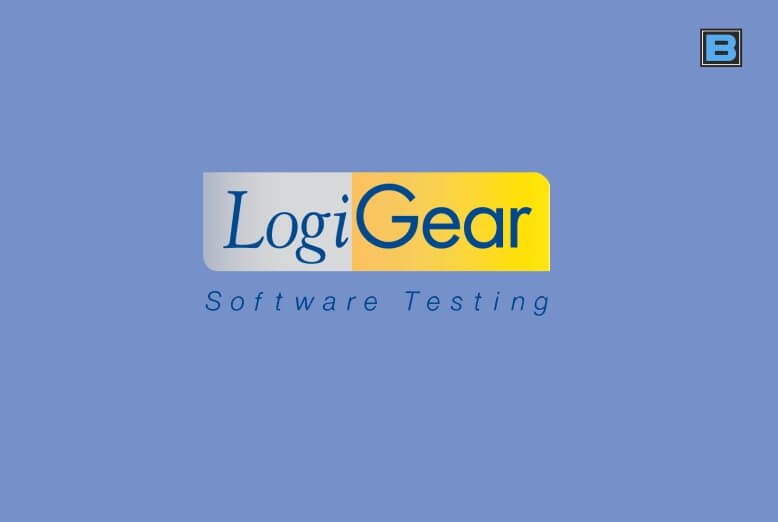Key Highlights:
- Australia’s Prime Minister Scott Morrison and South Korean President Moon Jae-in have agreed to a $717 million defense contract.
- Australia recently signed a pact with the United States and the United Kingdom to develop nuclear-powered submarines in a collaboration known as AUKUS.
- Under a free trade agreement in place since 2014, South Korea is Australia’s fourth-largest trading partner and fourth-largest export market.
Australia and South Korea pen down new defense deal
Australia’s Prime Minister Scott Morrison and South Korean President Moon Jae-in have agreed to a $717 million defense contract.
The contract, worth around $1 billion Australian dollars, was inked on Monday during Moon’s four-day visit to Canberra. The president of South Korea is the first foreign leader to visit Australia since the epidemic began.
Hanwha, a South Korean defense business, will supply the Australian army with artillery weaponry, supply trucks, and radars under the new defense agreement.
It is Australia’s largest defense deal with an Asian country, and it comes at a time when tensions between Australia and China are high.
New contract to open more jobs
Australia recently signed a pact with the United States and the United Kingdom to develop nuclear-powered submarines in a collaboration known as AUKUS – a move that China has publicly denounced.
Morrison stated that the new defense deal will result in the creation of around 300 jobs in Australia, where Hanwha runs a business.
“I believe the contract we signed today speaks volumes about what we feel are the capabilities of the Korean defense sector,” he added.
“It’s a key chapter in the tale of Australia’s defense industry as we continue to grow our sovereign capabilities, and Korea is an essential partner in that journey – both in our security arrangements and in the creation of our sovereign capability in defense manufacture.“
Moon stated that South Korea and Australia have similar geopolitical ideals and that his travel to Canberra is “extremely vital for the national interest of Korea and to promote peace and development in the area.“
However, he also stated that South Korea’s relationship with China was critical, particularly in terms of seeking peace with North Korea.
“As a result, South Korea is focused on the solid alliance with both the United States and China,” Moon added. “We desire a well-balanced partnership.“
South Korea’s president also said he was “not contemplating” joining a US-led diplomatic boycott of the 2022 Winter Olympics in Beijing.
Upcoming collaboration on sustainable energy development
Australia, Canada, and the United Kingdom have joined Washington’s campaign, citing concerns over human rights violations in China.
According to a prominent diplomat in Canberra, Moon determined that it was worthwhile for him to visit Australia in order to deepen ties, despite the risk of repercussions from China.
Australian Defence Minister Peter Dutton stated that his government was dedicated to keeping the area safe and that the new deal will contribute to the modernization of the Australian army.
Under a free trade agreement in place since 2014, South Korea is Australia’s fourth-largest trading partner and fourth-largest export market. This year celebrates the 60th anniversary of the two countries’ diplomatic ties.
During their conversations, Morrison and Moon decided to elevate their countries’ official ties to a “comprehensive strategic partnership.”
The leaders also stated that they will collaborate on the development of sustainable energy technologies, such as hydrogen, as well as the facilitation of the delivery of vital minerals, which Australia possesses in plenty.
Read more: Facebook to Block News Content in Australia




















